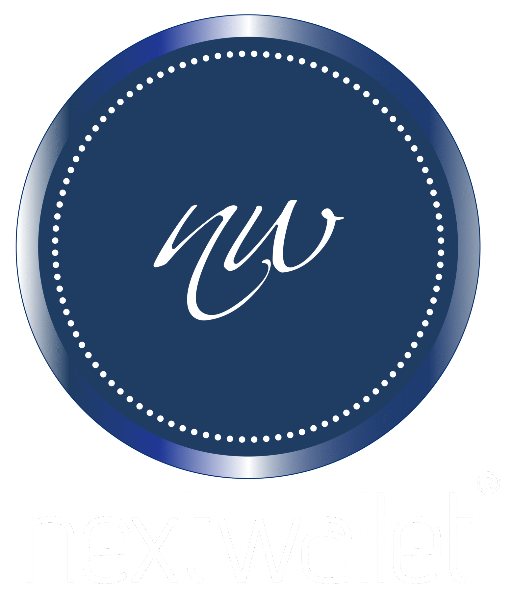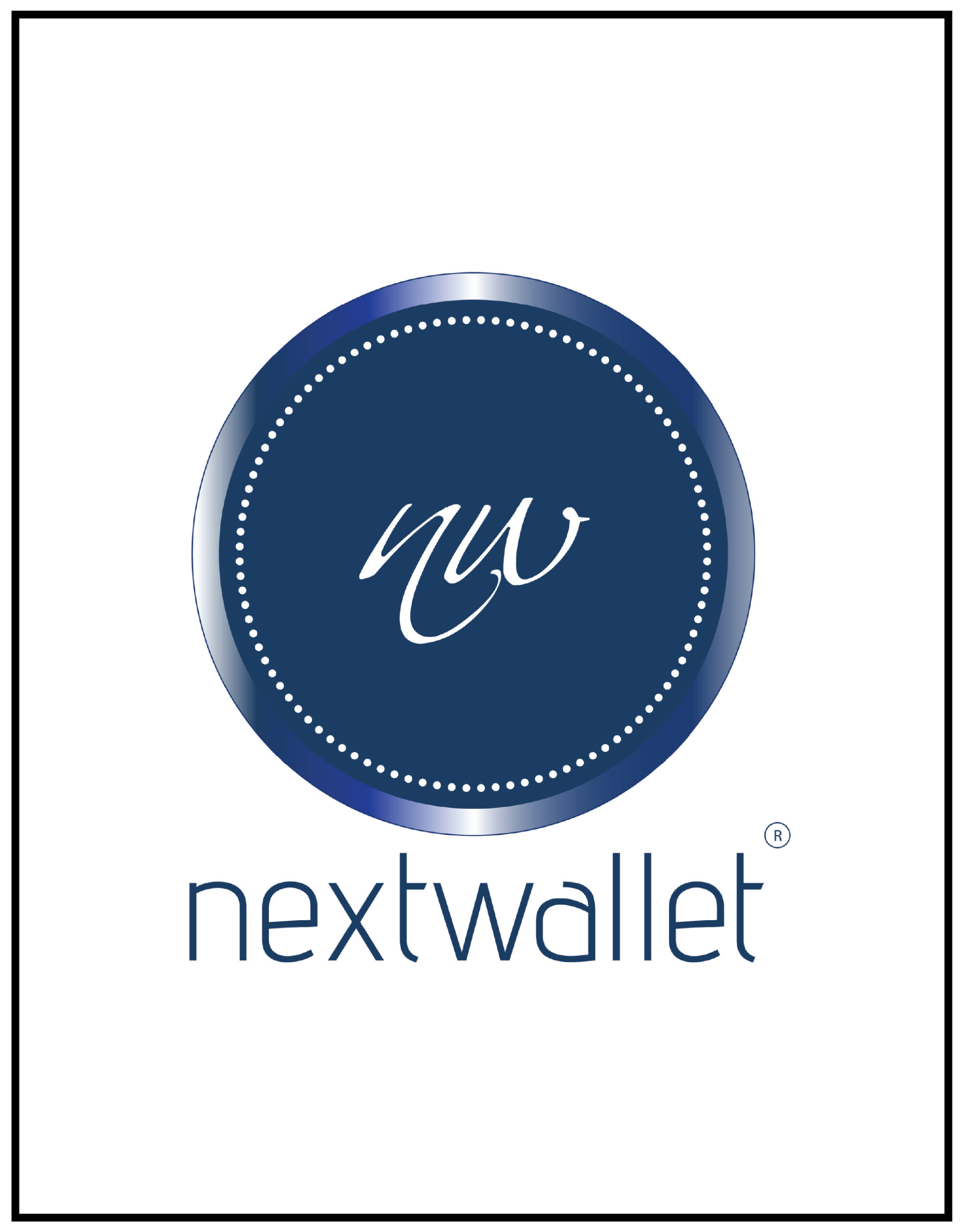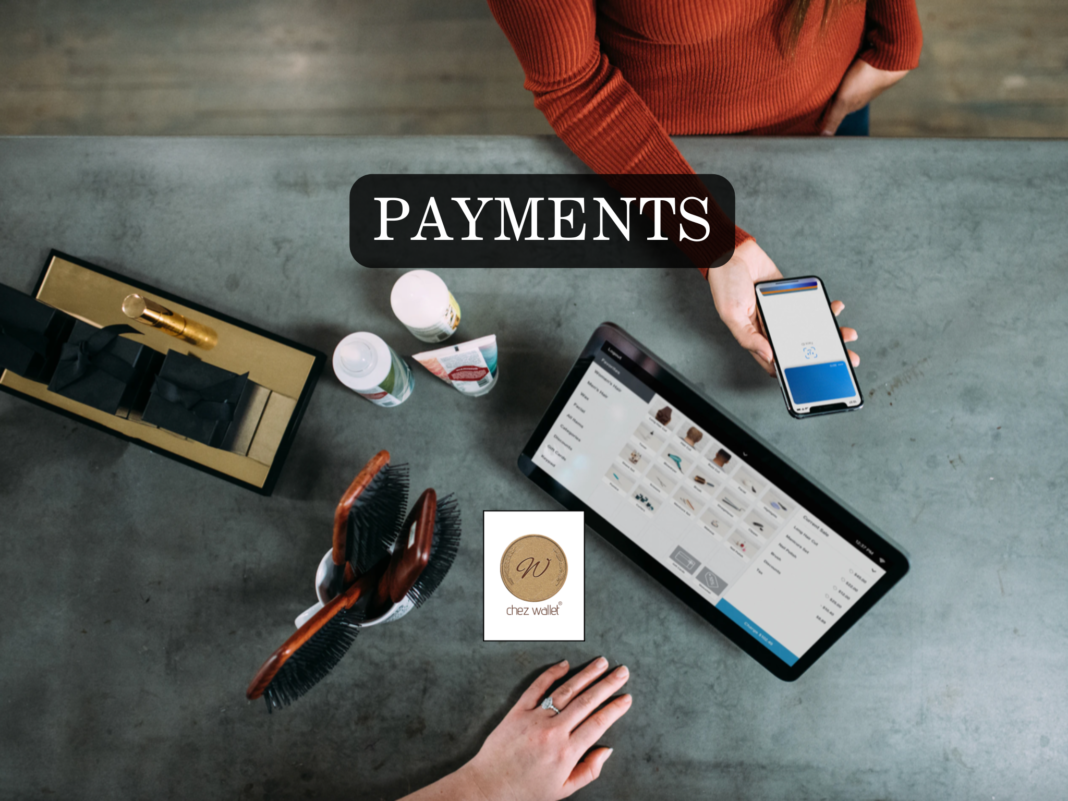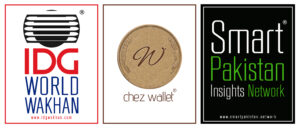Pakistan’s digital payments landscape is set for a major transformation as Google Wallet officially launches in the country on March 12, 2025. This long-anticipated entry of one of the world’s leading digital payment platforms marks a significant step toward a more cashless economy, reinforcing the ongoing shift towards digital financial services.
Sources familiar with the matter have revealed that Google executives will be arriving in Karachi for the official launch event. The rollout will take place on the night of March 12, with banks and fintech companies integrating Google Wallet into their systems according to their own timelines and readiness. Some financial institutions have already completed the necessary technical integrations, ensuring a seamless launch.
Google Wallet’s arrival in Pakistan’s evolving fintech ecosystem signals a shift in how digital transactions will be conducted in the country. While smartphone penetration and internet connectivity have grown significantly over the past few years, cash remains the dominant form of transaction. However, as both the government and private sector continue investing in financial inclusion and digital payments, international players like Google are seeing Pakistan as an attractive market.
The launch of Google Wallet, which incorporates Google Pay, is expected to accelerate mobile-based financial transactions, making it easier for users to make payments, send and receive money, and pay bills—all from their smartphones. The platform will allow users to link their bank accounts and cards, facilitating secure and seamless digital payments.
To mark this milestone, Visa is hosting an exclusive launch event on the same night, further highlighting the significance of Google’s entry into Pakistan’s fintech ecosystem. Visa’s involvement suggests that Google Wallet will integrate smoothly with Pakistan’s banking sector, enabling card-based transactions through a globally recognized payment scheme.
Despite the growth in mobile banking and digital wallets, Pakistan’s financial system remains largely cash-dependent, with many people still hesitant to adopt digital transactions. Google Wallet’s integration with local banks and fintech firms aims to bridge this gap, providing users with a secure, fast, and user-friendly digital payment solution.
Google Wallet’s arrival is not just about facilitating payments—it is also expected to drive fintech innovation in Pakistan. With open API integrations, Google’s platform will create opportunities for local startups, financial institutions, and e-commerce players to build upon its infrastructure, offering customized financial solutions for Pakistani users.
Additionally, Google Wallet’s functionality extends beyond payments. As a comprehensive digital wallet, it will allow users to store loyalty cards, boarding passes, and other digital credentials, making it a convenient tool for everyday financial management. Its compatibility with smartwatches and other digital devices ensures that users can tap to pay at supported locations, bringing Pakistan’s digital transactions closer to global standards.
The introduction of Google Wallet in Pakistan represents a broader shift towards a digital economy. With increased smartphone adoption, improving internet connectivity, and growing fintech investments, Pakistan is on the path to becoming a more digitally inclusive financial market. Google’s presence will likely encourage other global tech companies to explore Pakistan’s fintech potential, fostering competition, innovation, and greater financial accessibility.
As Pakistan embraces digital payment solutions, the launch of Google Wallet on March 12 is set to be a defining moment for the country’s fintech sector, bringing it closer to the global digital economy.







